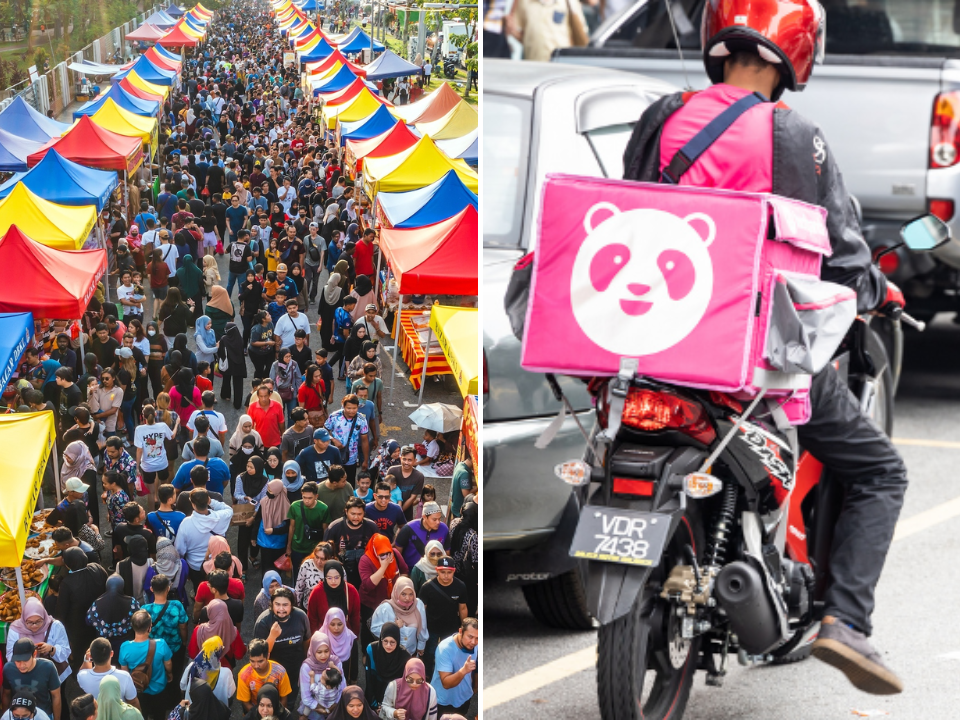
Image via Freepik
As Malaysia joins the global celebration of World Press Freedom Day on 3rd May, the country reaches a turning point for media freedom and ethical journalism. This year’s theme, “Reporting in the Brave New World – The Impact of Artificial Intelligence on Press Freedom and the Media,” is highly relevant. The rise of AI reshapes a long-standing struggle for press independence.
In February 2025, Parliament passed the long-awaited Malaysian Media Council (MMC) Bill. This marked a historic breakthrough 50 years after Malaysia’s second Prime Minister, the late Tun Abdul Razak Hussein, first proposed the idea in 1974.
The passing of the Bill is a milestone for the local media industry. It reflects decades of effort by journalist, media groups. And advocates. The council promises to uphold press freedom and ethics while offering an industry-led alternative to outdated laws like the Printing Presses and Publications Act 1984. After many failed attempts, shifting political climates, and debates on its independence, the Bill finally became a reality.
The Challenges of AI in Journalism

Image via Freepik
While celebrating these achievements, Malaysia now faces another complex issue which is the rise of AI in journalism. Newsrooms across the country have already begun using AI. Tools now assist in writing, real-time transcription, multilingual reporting, and even virtual news anchors.
These technologies help boost efficiency and combat misinformation. But they also introduce serious risks. These include job losses, algorithmic bias, and issues related to data privacy and ownership. AI “hallucinations” is when machines create content that seems real but is inaccurate, this will raise further concern.
Although AI can help detect fake news, it can also spread misinformation if not used properly. These concerns highlight the urgent need for ethical guidelines. The MMC Council must take the lead in creating these standards.
Just before the Bill passed, a major platform’s AI moderation system blocked several Malaysian news outlets. These outlets had reported on a high-profile sexual assault case. The AI flagged the content as harmful without recognizing it as legitimate reporting.
The error triggered serious debate within the media. Automated systems had failed to understand context. They treated responsible journalism the same as harmful content. This shows the need for better moderation tools and special protection for verified media outlets.
When AI moderates without human input, press freedom suffers. Increasing reliance on algorithms risks putting machines and not journalists in charge of public news. This shift raises questions about transparency, editorial control, and freedom of expression.
A Call for Responsible AI Integration

Image via Freepik
Malaysia’s media space now relies heavily on digital platforms. These platforms act as both news sources and places where misinformation spreads. Responsible AI use has become critical. While government and tech companies have begun to work together to fight false news, their efforts are still inconsistent.
The MMC Bills must go further. It should establish clear rules for how AI should and should not be used in journalism. These rules must protect journalistic integrity and help build public trust.
On this World Press Freedom Day, Malaysia celebrates more than just a new law. It celebrates progress. With the MMC Council in place and a growing focus on AI ethics, Malaysia is taking steps toward a media environment that is both free and forward looking.










